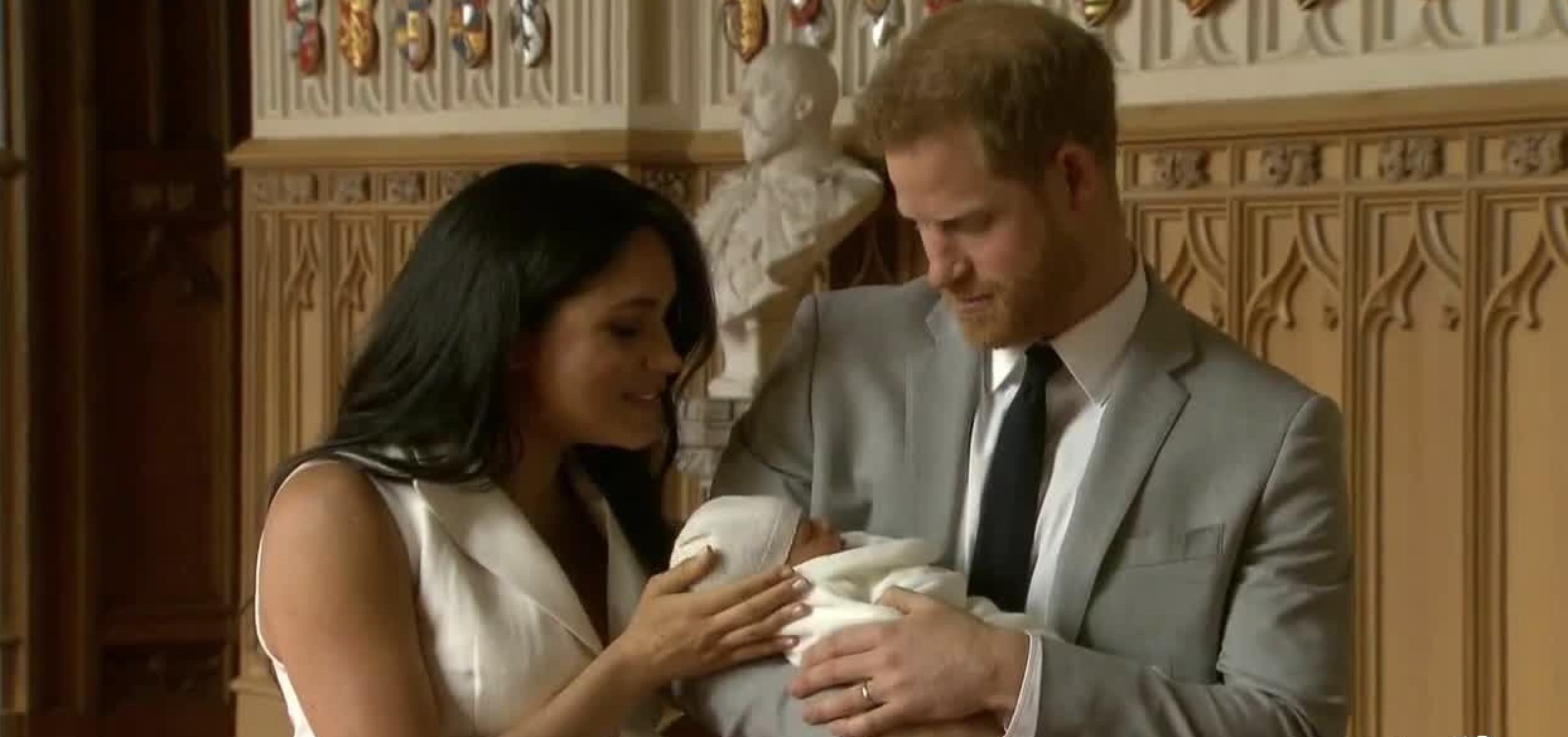LAS VEGAS (KTNV) — Who am I and how should I act? These are questions multiracial children deal with on a daily basis.
It’s a big challenge for these children and their parents as families are worried it’s taking a toll on their kids' mental health.
13 Action news spoke with A.B. Wilkinson, an associate professor of history at UNLV, and is an expert in mixed-race family issues.
Wilkinson is of African, European, and Native American ancestry and told us, “The ironic thing about the Meghan Markle interview with Oprah is that this is the British Crown speaking kind of negatively about what color the baby is going to be. Is the baby going to have dark skin? These are the same question that were asked within the British Empire preceding the United States.”
He says, for multiracial children, who they are and how they identify themselves can lead to challenges that can affect their mental well-being.
"So the way we think about race, particularly in the U.S. Is that people want to put others in these monoracial categories," says Wilkinson.
Robin Kirksey is a mother of three biracial kids.
RELATED: Tips on raising biracial children in today's world
It’s been extremely difficult growing up for her oldest daughter.
"She was ostracized, not just by the white side, but by the black side too. It caused her a lot of turmoil. Kids picked on her. They called her zebra or Oreo. It was a challenge."
Kids also have to find that confidence in their own identity for themselves.
"It doesn’t bother me when people ask what I am. I get it a lot. I saw a lot of things in school, that I feel like I should have spoken up on, but just kind of let it go. However, I feel like I know more about what’s right and what’s wrong," says Evan Memapan, who is Black, Japanese, white, and Thai.
The message: I am more than a box.
“Anyone who is bringing up a biracial child, make sure to teach them about both sides. Even if the other parent isn’t there, so they can embrace who they are and not grow up feeling like they need white or black validation. So that they feel confident in who they are,” said Kirksey
Multiracial and multiethnic people have had to squeeze their identity into a small box, some not even knowing which box to try and place themselves in.
Las Vegas therapist Rebecca Parkey says, "I have noticed with some of these kids, they feel like they will be judged. Sometimes they try really hard to blend in with their white counterparts or friends and don’t really embrace the culture they really want to have and enjoy."




